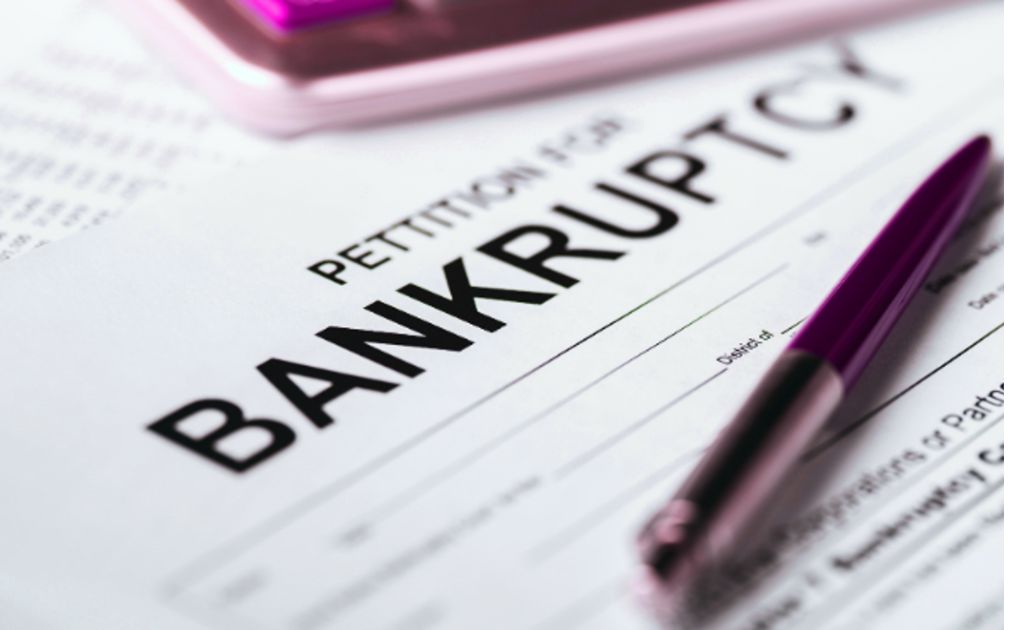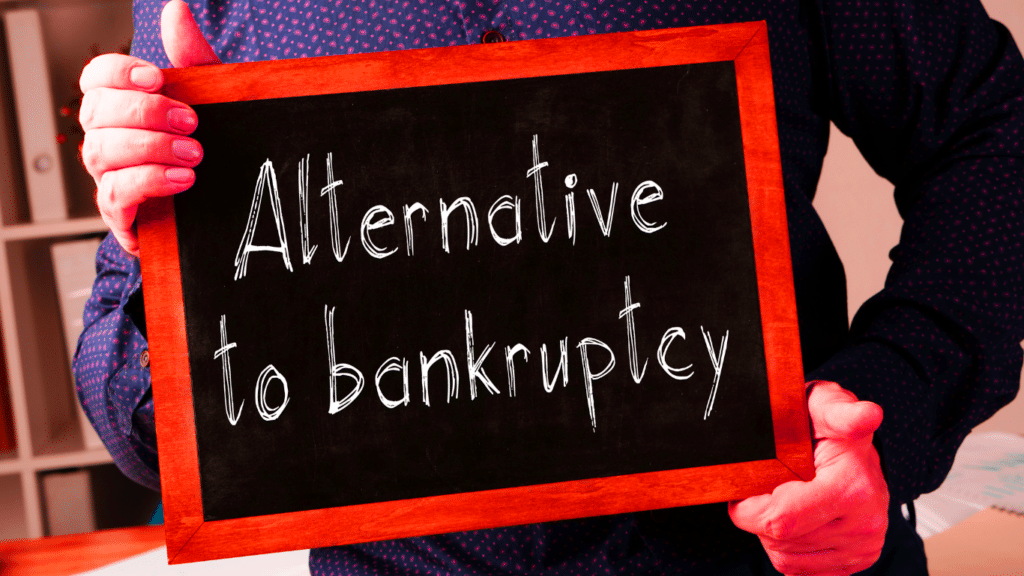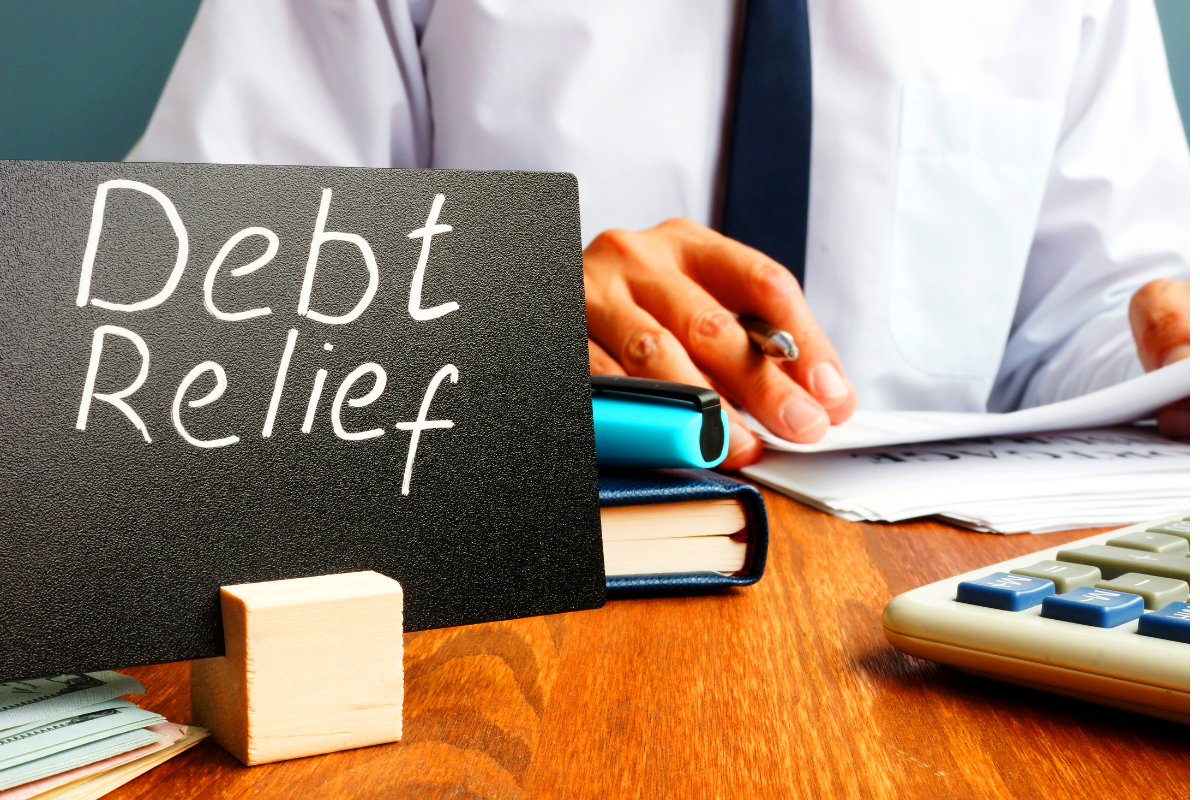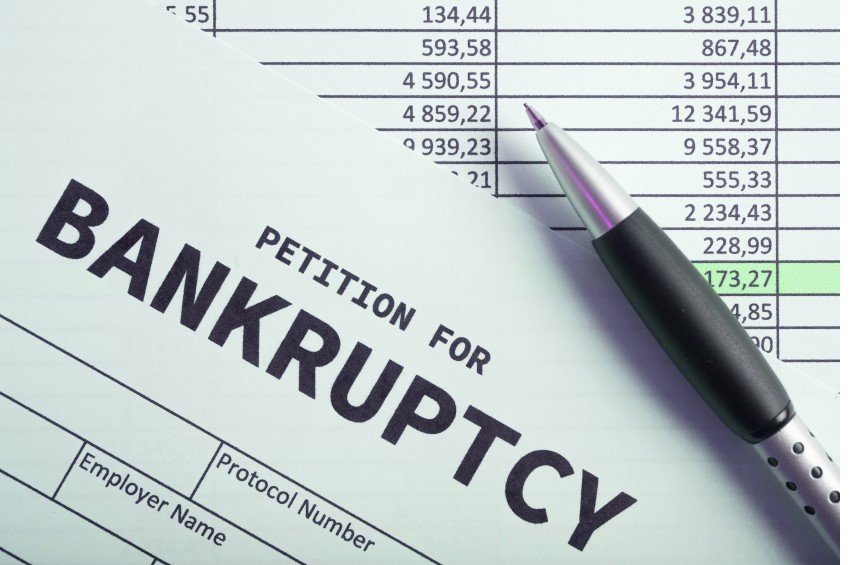Navigating Bankruptcy: A Latest Guide in 2024

Bankruptcy can be a daunting prospect, but with the right knowledge and guidance, it can also be a pathway to financial recovery. In this latest guide for 2024, we’ll delve into the intricacies of navigating bankruptcy, covering everything from understanding the different types of bankruptcy to rebuilding your financial future post-bankruptcy.
Contents
Understanding Bankruptcy
Bankruptcy is a legal process that provides individuals or businesses with overwhelming debt the opportunity to eliminate or restructure their debts under the protection of the bankruptcy court. It’s important to understand that bankruptcy is not a sign of failure but rather a tool for regaining control of your financial situation.
Bankruptcy laws are designed to offer individuals and businesses a fresh start by eliminating or restructuring their debts, allowing them to move forward with their lives and businesses.
Types of Bankruptcy
Chapter 7 Bankruptcy
Chapter 7 bankruptcy, also known as “liquidation bankruptcy,” involves the liquidation of assets to pay off creditors. It is typically available to individuals or businesses with limited income and few assets.
Under Chapter 7 bankruptcy, a trustee is appointed to oversee the liquidation of the debtor’s assets, with the proceeds distributed to creditors.
Chapter 13 Bankruptcy
Chapter 13 bankruptcy, also known as “reorganization bankruptcy,” allows individuals with a regular income to develop a plan to repay all or part of their debts for three to five years. This type of bankruptcy is often suitable for individuals with higher incomes or valuable assets they wish to protect.
Under Chapter 13 bankruptcy, the debtor proposes a repayment plan to the bankruptcy court, which outlines how they will repay their debts over the specified period.
Eligibility for Bankruptcy
Financial Criteria
To qualify for bankruptcy, individuals must meet specific financial criteria, including having a certain amount of debt relative to their income and assets.
The bankruptcy court will review the debtor’s financial situation to determine if they meet the eligibility requirements for bankruptcy.
Debt Counseling Requirement
Before filing for bankruptcy, individuals are typically required to undergo credit counseling from an approved agency. This counseling aims to provide individuals with alternatives to bankruptcy and ensure they understand the implications of filing.
Credit counseling is designed to help individuals explore alternatives to bankruptcy, such as debt consolidation or negotiating with creditors, before resorting to bankruptcy.
The Bankruptcy Process
Filing for Bankruptcy
The bankruptcy process begins with filing a petition with the bankruptcy court in your jurisdiction. This petition includes detailed information about your financial situation, assets, debts, and income.
Once the petition is filed, an automatic stay is issued, which prohibits creditors from taking any further action to collect debts from the debtor.
Meeting with Creditors
After filing for bankruptcy, individuals are required to attend a meeting with their creditors, where they may be questioned about their financial affairs.
This meeting, known as the meeting of creditors or 341 meeting, provides creditors with the opportunity to ask the debtor questions about their financial situation and the bankruptcy petition.
Discharge of Debts
Once the bankruptcy process is complete, eligible debts are discharged, meaning you are no longer legally obligated to repay them. However, certain debts, such as student loans and child support, may not be dischargeable.
The discharge of debts is the ultimate goal of the bankruptcy process, providing individuals with a fresh start and relief from overwhelming debt.
Impact of Bankruptcy
Credit Score Effects
Bankruptcy can have a significant impact on your credit score, making it challenging to obtain credit in the future. However, with responsible financial management, you can begin to rebuild your credit over time.
The impact of bankruptcy on your credit score will depend on various factors, including the type of bankruptcy you file and your credit history before filing.
Asset Liquidation
In Chapter 7 bankruptcy, assets may be liquidated to repay creditors. It’s essential to understand which assets are exempt from liquidation under federal or state law to protect your assets during bankruptcy proceedings.
The bankruptcy trustee is responsible for liquidating the debtor’s assets and distributing the proceeds to creditors according to the bankruptcy laws.
Future Financial Opportunities
Despite the initial challenges, bankruptcy can provide individuals with a fresh start and opportunities to regain control of their finances. By implementing sound financial practices, you can pave the way for a secure financial future.
Bankruptcy allows individuals to eliminate or restructure their debts, providing them with the opportunity to rebuild their credit and pursue future financial opportunities.
Read More: Real Estate Riches: Unlocking Property Investment
Alternatives to Bankruptcy

Debt Consolidation
Debt consolidation involves combining multiple debts into a single loan with a lower interest rate, making it easier to manage your payments.
Debt consolidation can be an effective alternative to bankruptcy for individuals who are struggling to manage their debts but want to avoid the negative consequences of bankruptcy.
Negotiation with Creditors
Before considering bankruptcy, individuals can explore options for negotiating with their creditors to settle debts for less than the full amount owed.
Negotiating with creditors can help individuals avoid bankruptcy and resolve their debts through mutually agreeable repayment plans.
Financial Planning
Working with a financial planner can help individuals develop strategies for managing their debts and achieving their financial goals without resorting to bankruptcy.
Financial planning can provide individuals with the tools and resources they need to regain control of their finances and avoid future financial difficulties.
Legal Considerations
Hiring a Bankruptcy Attorney
Navigating the complexities of bankruptcy law can be challenging, so it’s essential to consult with a qualified bankruptcy attorney who can guide you through the process.
A bankruptcy attorney can provide individuals with expert legal advice and representation throughout the bankruptcy process, ensuring their rights are protected.
Understanding Legal Obligations
It’s crucial to understand your legal obligations during the bankruptcy process, including disclosing all relevant financial information and adhering to the terms of your bankruptcy plan.
Failure to comply with the legal requirements of bankruptcy can result in the dismissal of your case or other adverse consequences, so it’s essential to work closely with your bankruptcy attorney to ensure compliance.
Rebuilding After Bankruptcy
Budgeting Strategies
Developing a budget and sticking to it is essential for rebuilding your financial health after bankruptcy. By carefully managing your expenses and prioritizing savings, you can avoid falling back into debt.
Budgeting strategies can help individuals regain control of their finances and achieve their financial goals after bankruptcy.
Reestablishing Credit
Reestablishing credit after bankruptcy takes time and effort. Secured credit cards and responsible borrowing can help demonstrate your creditworthiness to lenders.
Reestablishing credit is an essential step in rebuilding your financial health after bankruptcy, so it’s essential to take proactive steps to improve your credit score.
Long-term Financial Planning
Long-term financial planning is crucial for ensuring your financial stability and success beyond bankruptcy. Working with a financial advisor can help you set goals and develop a plan to achieve them.
Long-term financial planning can provide individuals with the tools and resources they need to achieve their financial goals and build a secure financial future.
Read More: Chapter 7 Bankruptcy and Debt Relief: What You Can Expect
Conclusion
In conclusion, navigating bankruptcy in 2024 requires careful consideration of various factors, including the type of bankruptcy, eligibility criteria, legal obligations, and long-term financial planning. While bankruptcy can be a challenging journey, it also presents an opportunity for individuals and businesses to regain control of their finances and pursue a fresh start.
By understanding the intricacies of the bankruptcy process, exploring alternatives, and seeking professional guidance when needed, individuals can emerge from bankruptcy with a renewed sense of financial stability and a path toward a brighter financial future. Remember, bankruptcy is not a definitive endpoint but rather a stepping stone toward financial recovery and success.
Can I keep any assets if I file for bankruptcy?
Certain assets may be exempt from liquidation under federal or state law, allowing you to retain them during bankruptcy proceedings.
How long does bankruptcy stay on my credit report?
Bankruptcy can stay on your credit report for up to ten years, but its impact diminishes over time, especially with responsible financial management.
Will I lose my home if I file for bankruptcy?
The fate of your home in bankruptcy depends on various factors, including the type of bankruptcy you file and the equity you have in your home.
Can I file for bankruptcy without an attorney?
While it’s possible to file for bankruptcy without an attorney, the process is complex, and consulting with a qualified bankruptcy attorney is highly recommended.
What are the alternatives to bankruptcy?
Alternatives to bankruptcy include debt consolidation, negotiation with creditors, and financial planning strategies aimed at managing and reducing debt.





